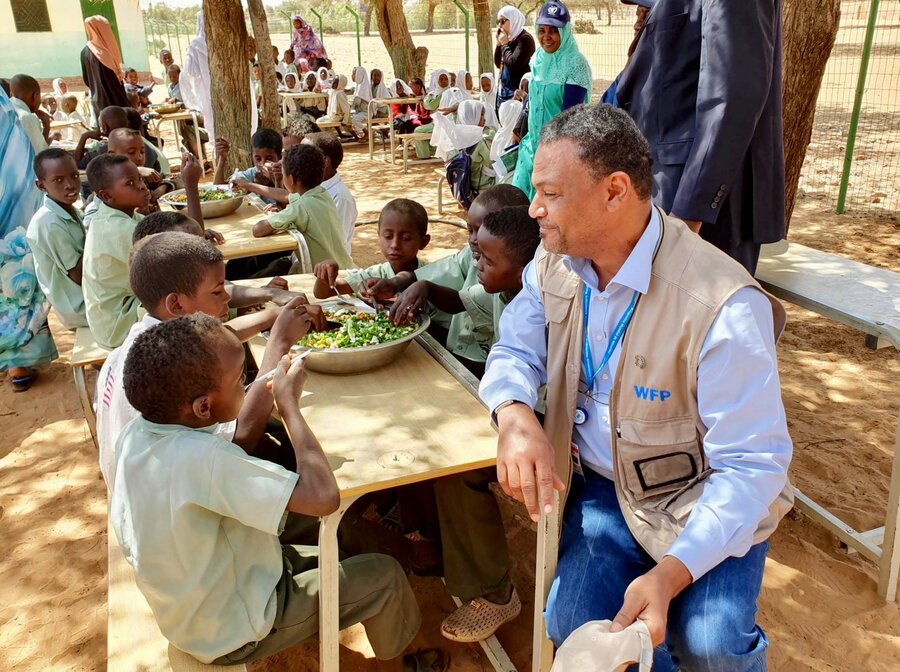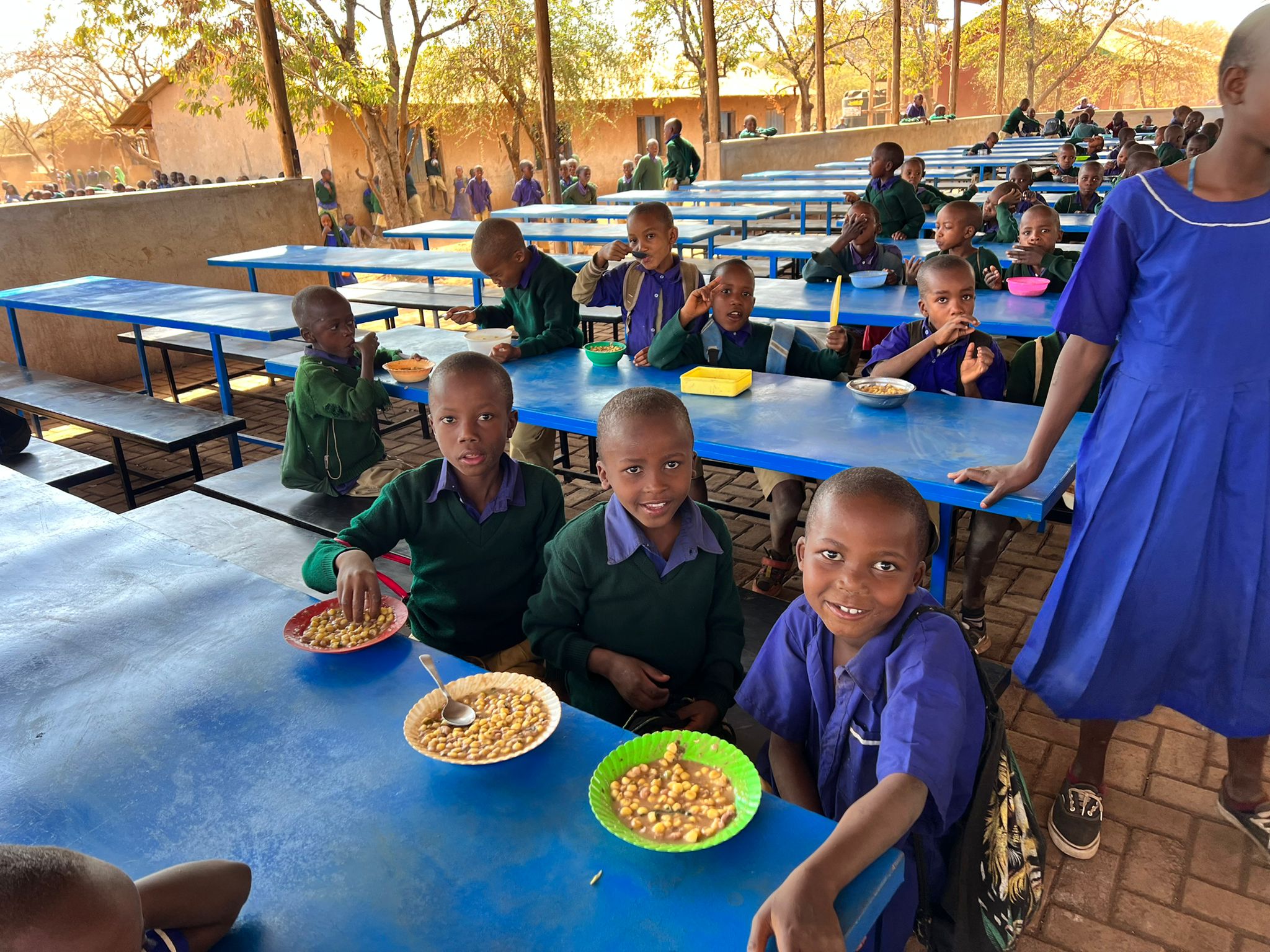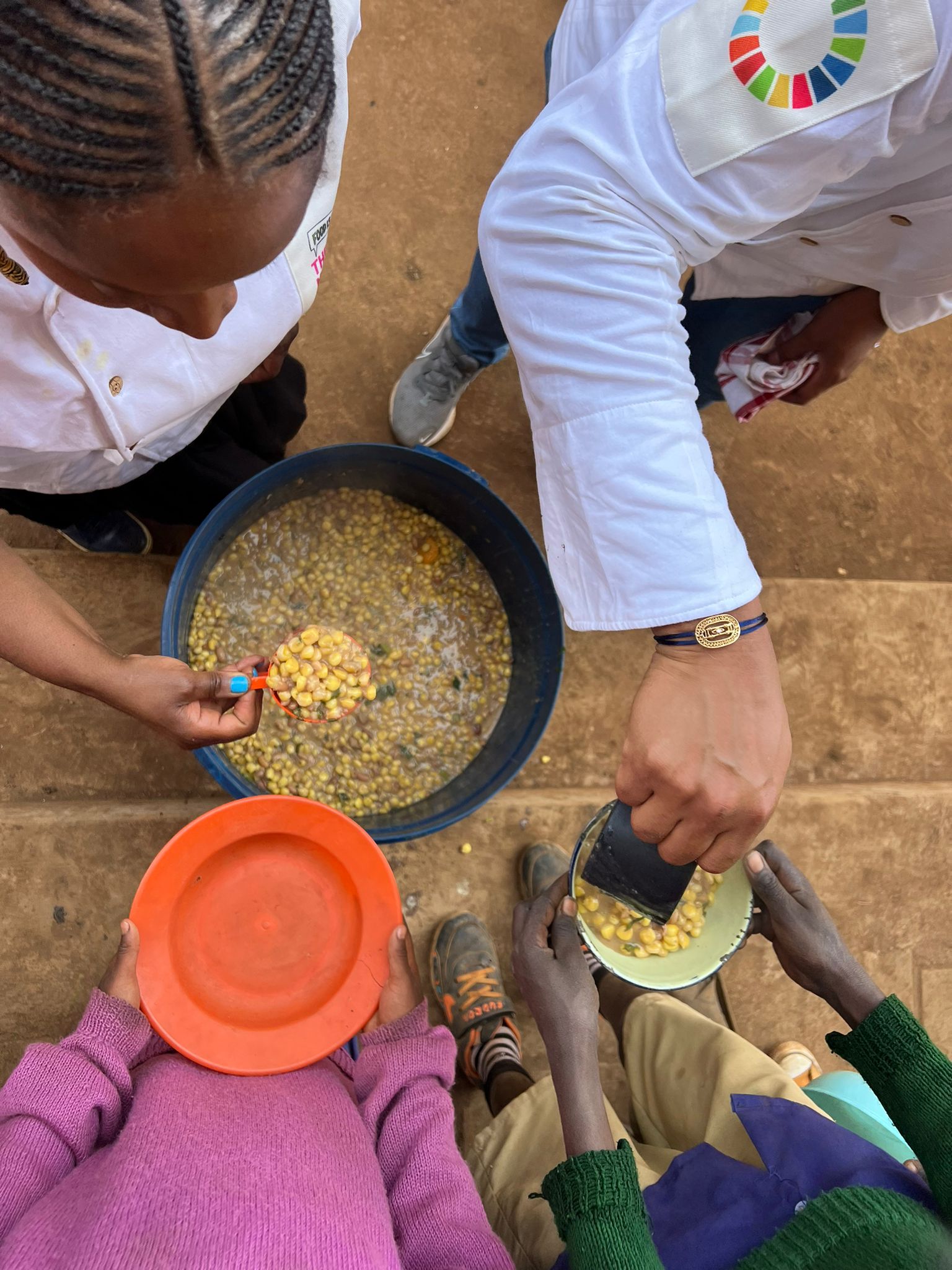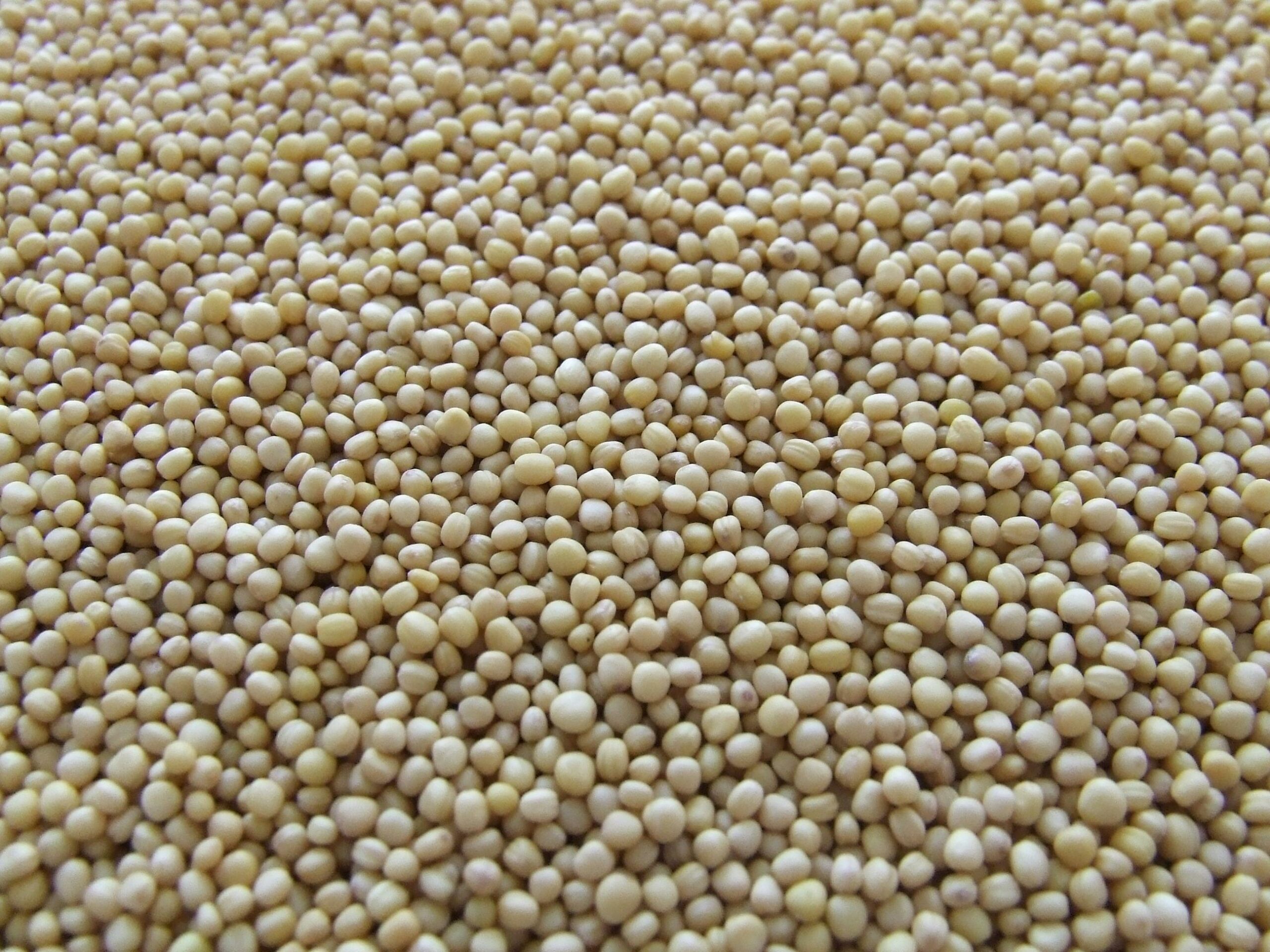
Read more about the impact of school feeding in this policy brief by WFP “Re-imagining School Feeding: A High- Return Investment in Human Capital and Local Economies” School meals play a critical role in children’s lives and are an essential intervention in development and humanitarian contexts, proven to have long-lasting impacts across multiple Sustainable Development Goals and sectors, including food security, nutrition and health, education, water and sanitation, child protection, gender equality, and prevention of sexual exploitation and abuse.
They also offer enormous potential for the catalyzation of food systems, with nutritious, locally-grown and appropriate foods, creation of jobs and contributions towards livelihoods, among other benefits (Joint Civil Society Call to Action for equitable access to healthy & nutritious, sustainably sourced school meals, 2013)
(Image credit: WFP)
When students are well-nourished, they are more likely to attend school regularly and are less likely to miss classes due to illness or fatigue. Healthy students are better equipped to focus on their studies, engage in classroom activities, and participate in extracurricular activities, leading to a more enriching educational experience. Consistent attendance contributes to better academic performance and increases the likelihood of students completing their education.
Beyond the immediate benefits to students, school feeding programs also contribute to broader societal goals, such as poverty reduction and economic development. By promoting education and improving academic outcomes, these programmes help break the cycle of poverty and empower individuals to build better futures for themselves and their communities. Moreover, a well-educated population is essential for driving economic growth and fostering social progress.


Beans provide a cost-effective and sustainable solution to this problem, offering a valuable source of essential nutrients that are often lacking in traditional diets. Beans are packed with essential nutrients, making them an excellent source of energy and vital micronutrients for growing children. They are rich in protein, fibre, vitamins, and minerals, including iron, folate, and potassium. This nutrient-dense profile of beans makes them a valuable addition to school meals, helping to meet the dietary needs of students.In addition to their nutritional benefits, beans are also versatile and easy to incorporate into a wide variety of dishes.
The Beans is How campaign champions the value of beans globally, making them desirable, visible, exciting, promoting them as a climate-smart food that can help fix our future.This year, we are championing a call to action to get more #beansonthemenu in schools, as well as restaurants, cafes, canteens etc. You can use your voice to fight bean myths and promote the value of beans, by downloading and sharing recipes, and by encouraging school kitchens to include beans on their menus.
Download our School meals toolkit for educators and school caterers here



